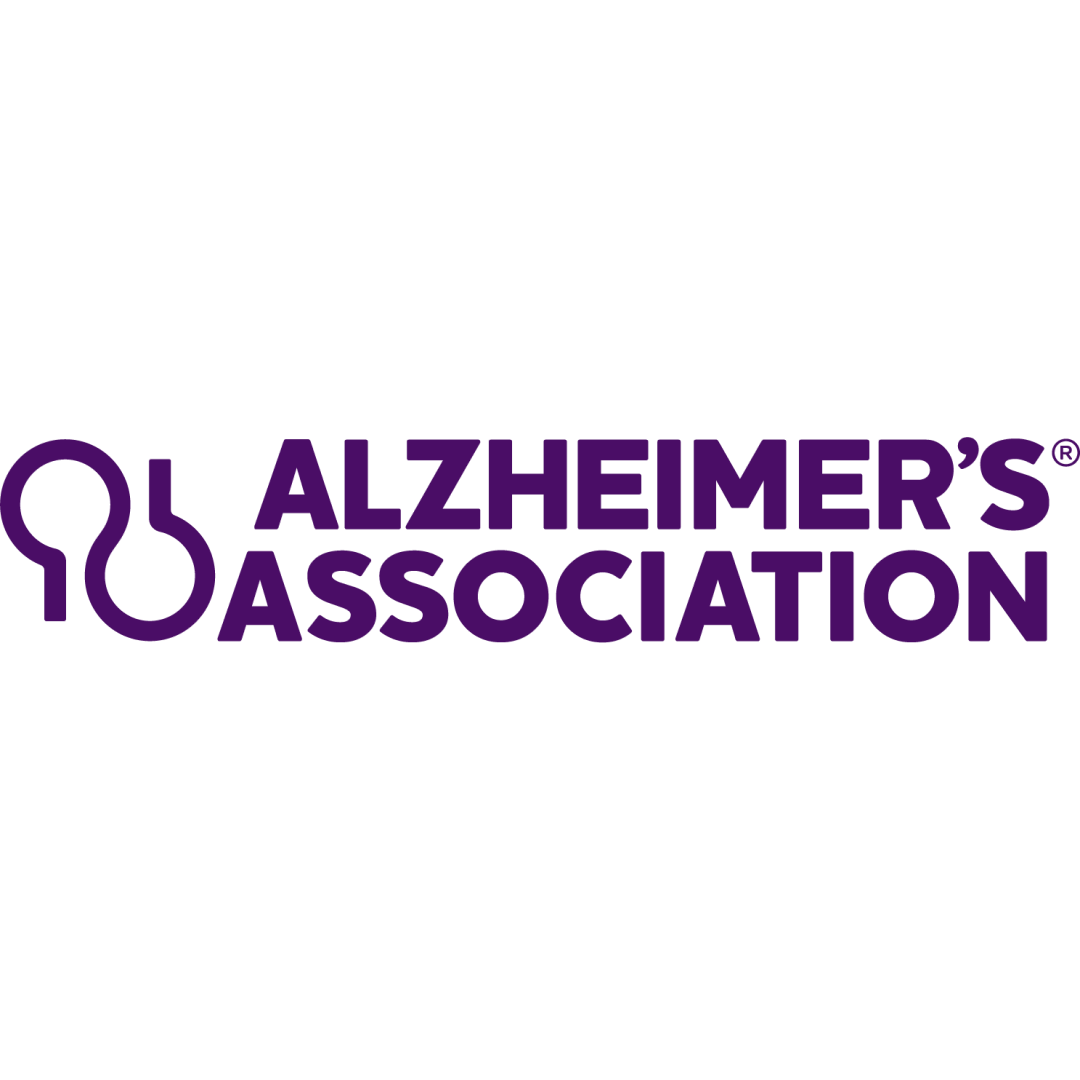
Alzheimer’s Association Welcomes FDA Clearance of First Blood Test for Use in Primary Care to Rule Out Alzheimer’s-Related Amyloid Pathology
On Oct. 13, 2025, the U.S. Food and Drug Administration (FDA) announces it has cleared the Elecsys pTau181 plasma test, developed by Roche. This marks the first blood-based biomarker test for Alzheimer’s disease cleared for use in the primary care setting specifically to rule out the presence of amyloid pathology.
“This is another important step toward expanding access to Alzheimer’s disease diagnostic tools,” said Joanne Pike, DrPH, Alzheimer’s Association president and chief executive officer. “At the same time, it is important to understand this test is designed to rule out the presence of amyloid plaques. It is not a test that will give an Alzheimer’s disease diagnosis, nor is it a standalone tool for detection.”
According to the company, the Elecsys pTau181 blood test is intended for use in adult patients, aged 55 years and older, presenting with signs or symptoms of cognitive impairment. By providing an efficient, less-invasive method to assess the likelihood of amyloid plaques — a core hallmark of Alzheimer’s disease — this test can help primary care physicians determine which patients do not require Alzheimer’s-related follow-up tests, such as PET scans or cerebrospinal fluid analysis. This can significantly improve the diagnostic process by preventing unnecessary specialized testing for individuals whose cognitive issues stem from non-Alzheimer’s causes.
The Alzheimer’s Association is committed to ensuring blood tests are used appropriately and effectively across all care settings. Earlier this year, the Association published clinical practice guidelines for the use of blood biomarker tests in specialty care settings, which are continually updated to reflect the evolving scientific landscape. While most data around the use of blood tests are from specialty care settings and clinical trials, we recognize these tests are being used in many settings. The Association urges providers across clinical care settings to utilize guidance on blood biomarker testing in conjunction with clinical judgement to support effective and appropriate use of these much needed tools.
The Association believes this latest development, alongside historic investment in Alzheimer’s and dementia research by the National Institutes of Health (NIH) and other entities, continues to accelerate the pace of scientific discovery, leading to better diagnostic tools and effective disease-modifying treatments.
Tags:
Source: Alzheimer’s Association
Credit:
